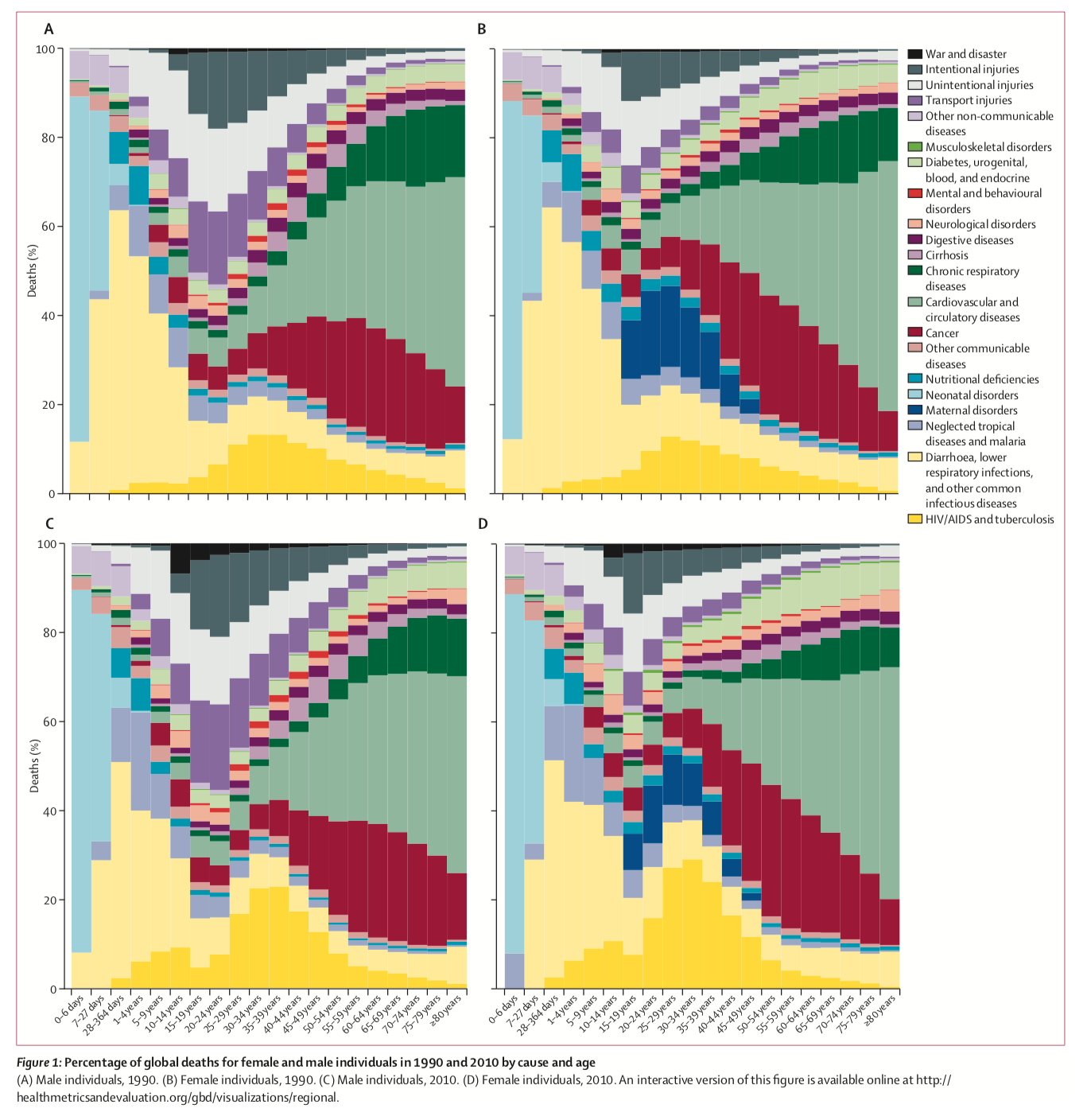I've heard people say that pregnancy is somehow dangerous for a woman.
I know that you can get high blood pressure, and gestational diabetes but that's usually among obese women. The conditions are also temporary.
I also know that during childbirth there can be complications.
How exactly is being pregnant bad for your health? It's a natural and normal biological process.
Let's focus on recent stats and healthy women between ages 20-35 who are not obese and don't have any pre-existing medical conditions.
